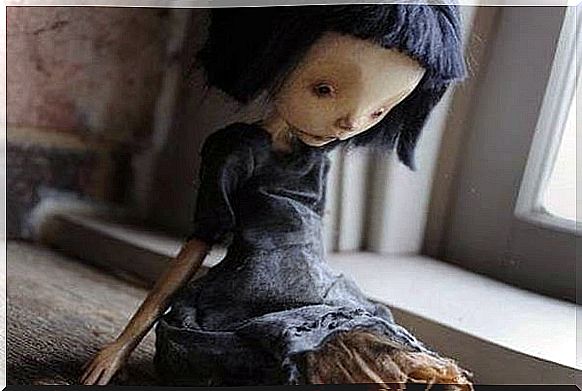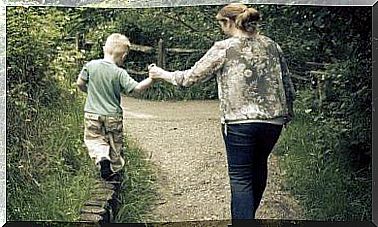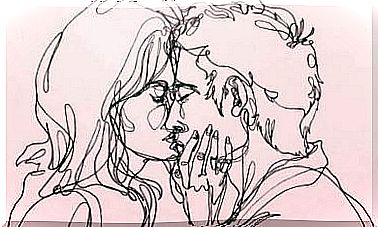4 Signs Of A Corrupt Relationship

It is not easy to establish specific parameters that define a corrupt / violent relationship. In fact, the same criteria for abuse cannot be applied in all circumstances. But roughly speaking, abuse is present if one person is coercive, aggressive or intimidating towards the other.
It is abuse when one person uses their power or dominance to control the other person’s behavior to meet their own needs. It is abuse when one person exploits the other person’s emotional or physical fragility to their own advantage. It is also abuse if one person depends on the other and their addiction is used to force them or restrict their freedom to act.
Fear is probably the most obvious sign of a corrupt relationship. Sometimes the fear is raw and obvious. You get very tense near the other person and constantly think about the punishment or the consequences that might come from going against them.

Other times, the fear is more discreet. It can manifest itself as excessive worrying to please the other person. You will not give them a reason to get angry, so you are always thinking about what you can do to please them.
2. Excessive control over what you do
In a corrupt relationship, the victim must always tell the abuser what they are doing, or even what they are thinking and feeling. You feel as if you do not have the freedom to move or act without consulting or informing them first.
This control might extend to your finances, or even your way of dressing and putting on your hair. Virtually everything you do needs their approval. And if it does not get it, it will be very difficult for you to do it.
3. You constantly feel guilt
In all types of corrupt relationships, guilt is always present. You feel inadequate and unable to defend the validity of what you say and do. Your abuser constantly criticizes you and you blame yourself for it.

One or both of the following situations may occur. Either way, it always seems like the other person is right. Their criteria determine how good or bad each of your actions and thoughts is. Otherwise, you think they are wrong, but you never dare to confront them. Both scenarios make you feel guilty. In the first situation, you feel guilty for not living up to their expectations. Otherwise, you feel guilty for not being able to set boundaries.
4. Threats and coercion are constant
In a corrupt relationship, your abuser constantly forces you to do things you do not want to do. They may do so through direct aggression or through more discreet coercion and threats. Nevertheless, the point is that you do not want to do it, but you feel compelled because of the pressure they put on you.
The abuser knows exactly where their power comes from. If it is financial dependence, their direct or indirect threats will focus on it. If it’s the fear of being beaten, they will use it. If they get their power from emotional addiction, they will play with your fear of leaving you. Etc.









